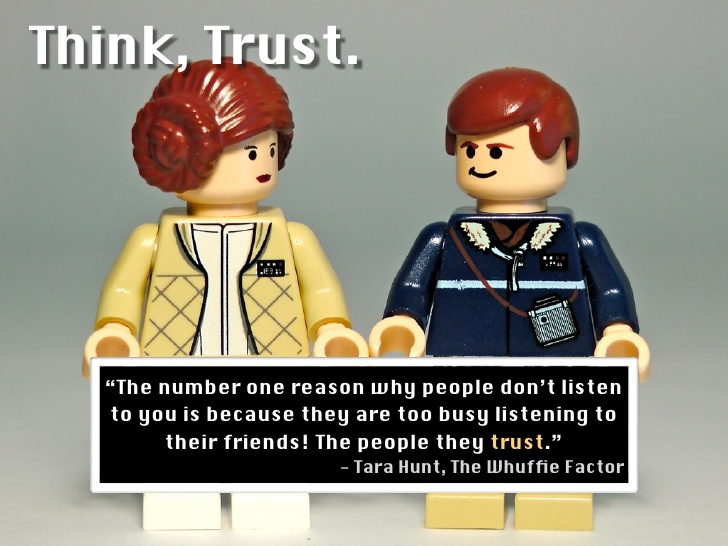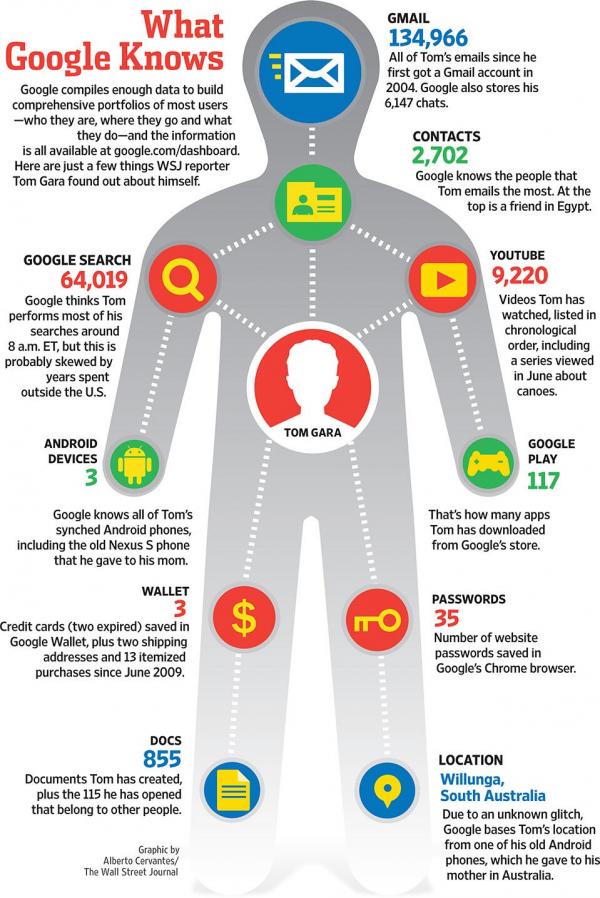“Before you can use WhatsApp, you should share everything in your contact database to WhatsApp. That includes all your friends, families, and colleagues. Do you think WhatsApp has the right to do that?”
Avast, one of the world’s most renown cyber security, recently alleged that Facebook, WhatsApp, and Google has been spying on their users. As the world’s most popular social media, these companies can easily gather information on their users’ interest. Everything you text, post, share, like, and comment is shared among these companies. We’ve heard about how they intend to create ‘better’ targeted ads. We know that, but do we really know what they actually want to do? What if they hide something from us? What if we trust them too much? What would happen then?
On Oct 28, 2015, Vincent Steckler, Avast current SEO brought this fact to the press. He spoke about how the world has been led to misconception. Many of us still think Google as a mere search engine. All it does is giving you the most accurate search result. Nothing else. That’s our first mistake. Google is not just a search engine. It’s also an advertising company.
Let’s have an example. Not from a social media, but Google AdWords. Have you ever heard about Google AdWords? Google makes around $32.2 billion per month from its AdWords. That equals 97% of Google’s total revenue. Here is how Google AdWords work. First, they find the most relevant keywords to user’s search queries. Second, they show those keywords to advertisers. If there is at least 1 company bidding on a keyword, Google proceeds to the third step: auction. At this step, each advertiser come with a maximum budget to spend with specific keywords. Like always, the competition will stop when there is a winner. At Google AdWords, that means the one with the highest ad rank.
Now, what does it do with our privacy?
AdWords can’t generate the keyword for the auction without our search queries. That leads to one interesting question. How does Google generate those keywords?
Social Media, Silent Privacy Killer
It’s not just Google. It’s all about the whole social media. If you think you’ve been safe all this time, you’re wrong. Regardless everything they offer to you, these social media companies can’t work without our data. It’s us who provide the most valuable resources to their business.
OUR PRIVACY.
Yep, that’s right. Everything we do on Google, Facebook, and WhatsApp can be monetized. Everything we share, like, search, and comment can be turned into money. They spy on us and share the information among them. Everything we believe as ours are now theirs.
So, does it make Google. WhatsApp, and Facebook guilty?
No at all. Everything they have been doing is completely legit. That’s when the real problem began.
Now, let’s head to WhatsApp. Don’t think even for a second that WA is not a social media. It is, since social media basically connects people on the web. That’s what WA do. Today, WA is probably the most used messaging service in the world. It beats SMS and MMS as the conventional ways of texting, with ease. Some people even think it’s better than email. Take WhatsApp and you can reach anyone on the planet easily.
That sounds perfect, even too perfect. But you know, there’s nothing perfect in this world. Everything comes with a cost. If you can use WhatsApp to reach anyone on the planet easily, it sure comes with a cost. This time, it would be sharing all your contact database to WhatsApp server.
We all have friends. We love and take care of them. Now, let me ask something to you. If you truly love your friends, do you eagerly share their private information to anyone? What about business? Do you want to share their information to them?
Surely, not. No one wants to do that, but it still happens. The only way we can use WhatsApp is by allowing the app to access our entire contact database. That means handing over everyone’s contact in your device. Anyone, without exception. You may see it helpful as you don’t need to add people one by one, but have you ever think about the consequence? If WhatsApp does the job for you, what does it need? You hand over your friends’ contact to a social media company you barely know. It’s just the same thing as giving your friend’s life details to a stranger. Perhaps, they won’t use it for their own benefits. But, what if they did use it?
WhatsApp won’t tell us the truth. That’s what companies do. They will deny everything that would tarnish their reputation. Perhaps, just perhaps, the best we’d hear from them is “As a policy, we cannot comment on this without looking at specific report.” That’s what a Google spokesperson told to press.
Can We Trust Social Media?
If you are looking for the best world to greet the world, then you can. It’s our dream place. We share our life with the world, even though we don’t know everyone. But, this dream doesn’t work when it comes to privacy. As the most valuable treasure of the 21st century, everyone seeks to control people’s privacy.
Still don’t believe us? Well, take a look at Google policy page:
“When you use our services, you trust us with your information. Data enables us to provide our services like Search, Gmail, and Maps. Data also helps us show relevant ads, so we can make our services free for anyone.”
See? That’s what happened if we use something for free.
What about WhatsApp? It’s not a free service. We pay for it. Does it mean we can leave other social media and trust WhatsApp?
Mmmm, I won’t be sure. Some people tried to reach Facebook for this issue. Still, they got nothing, not even an official statement.
Do You Control Your Own Life?
When our privacy is at stake, this is the best question to ask. For that, Avast has a quite surprising discovery.
Do you know that 99% of Android’s top application have entire control of your device? Do you know they can remotely operate your device?
Most of us don’t. Still, what do we do? We still use those app, without realizing what they take from us. We even let these apps to connect with our social media account. Did Google warn us about this? Sure, every time we want to install an Android app, Google displays a notification. It contains all information the application can access. The bad news is, most of us just click “Accept.” Most of us rarely read all the privacy ‘warning.’ We are too interested in the app, so we don’t have time to guard our own privacy. Only after we lose it, we’ll become serious about it.
Want more facts? Here they are:
- 92% of Android’s top applications can view user’s network connections.
- 1 out of 10 Android’s top application can take images and record audio, as well as video.
- 9 out of 10 Android’s top application can read, delete, and/or modify your storage content.
Re-claim Your Life, Use VPN
You’ve heard stories about people losing something precious to their life? What did they do? Did they stay put? Did they just surrender? Or did they just post it to their social media and wait someone to comment on it?
NO, THEY FIGHT.
They fight for what belongs to them. They fight to re-claim their life. For them, it’s not about their own purpose anymore. It’s about protecting and keeping the spirit of freedom.
Now, it’s your turn to decide on your life. Do you agree to surrender your privacy to social media? They may provide you a lovely community out there. They may give you the easiest way to reach out people, but they don’t have single right to control your life. If you believe your life is yours, then it’s time to fight back.
How?
By doing the same thing winners do.
Want to find out, click here for more details. We’ll show you how to get your life back from this social media.
 English
English
 German
German Dutch
Dutch Thai
Thai Chinese
Chinese
